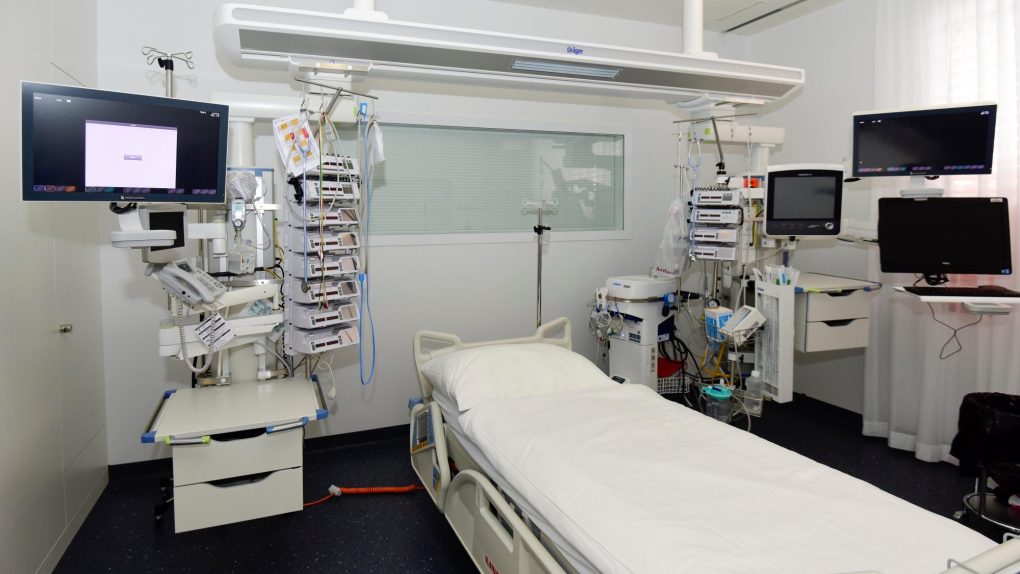- Researchers at Johns Hopkins University helped develop a blood test that can detect cancers before the patient becomes symptomatic.
- The test, which is still in development will not be ready for widespread use for some time, spotted cancers that other screening methods missed.
- However, it also produced false positives and false negatives.
- Visit BGR’s homepage for more stories.
In the battle against cancer, time is everything. Catching the disease early can be the difference between life and death, so as screening technology gets more accurate, more lives may be saved. Aside from the actual treatment of the disease, the timing with which it is discovered is the most important variable in determining a patient’s outcome.
Now, researchers from Johns Hopkins University have developed a blood test that they say could help detect cancers before patients even begin to experience symptoms. It would be the ultimate screening tool, and it’s the subject of a new research paper published in the journal Science.
The new type of blood test isn’t exactly ready for the mainstream, but the early results are promising. The researchers say that when applied to a set of blood samples and a standard screening method, the system was able to find 100% more cancers than the typical screening procedure could on its own. That sounds like some seriously incredible news, but there’s a catch.
The new blood test, while powerful, isn’t as accurate as doctors would probably prefer. In fact, it actually missed more cancers than it found, meaning that if it were used as the only screening method, it would fall dramatically short. However, the so-called “liquid biopsies” still show incredible promise as a supplementary screening method and, as the technology gets more and more accurate, it could become a first-line screening option.
For the study, the researchers recruited roughly 10,000 women between the ages of 65 and 75. None of the women had histories of cancers. Over the course of a year, the women were regularly screened using the blood test as well as traditional screening measures. Ultimately, 96 of the participants were diagnosed with some form of cancer. The typical screening methods — like mammograms — accounted for 24 of the diagnoses, while the blood test spotted 26 of the cancers. The 46 other cases were discovered in a variety of other ways not related to the study.
So, the test proved useful for a significant number of patients. That’s good. However, it also produced a number of false positives that led some of the women to undergo additional scans that were ultimately not needed.
There’s obviously some work left to be done here. The researchers are quick to point out that this system isn’t something you’re going to see in your doctor’s office next week… or even next year. Once the test is at a point where its creators are confident in its ability to save lives it will still need to get a thumbs up from the FDA.








